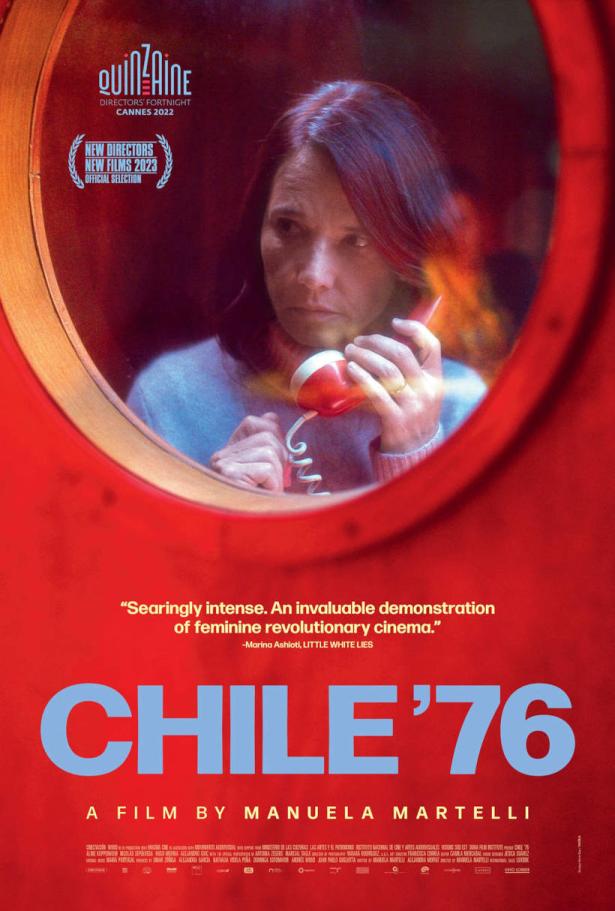In 1973, the socialist government of Chile was overthrown by a military junta led by Gen. Augusto Pinochet, with the backing of the United States. Thousands were killed, and hundreds of thousands fled the country under Pinochet’s dictatorship, which lasted for 17 years and was maintained through violence.
With the new film “Chile ’76,” the director Manuela Martelli joins the company of Chilean filmmakers like Pablo Larraín and Sebastián Leilo, who have made thought-provoking movies reflecting on the Pinochet regime and its impact on the lives of everyday people. Martelli’s initial inspiration for the story came from a source close to home. She imagined the loss felt by her grandmother, who died by suicide in 1976, one of the most violent years of the dictatorship, before Martelli was born.
The protagonist of “Chile ’76” is Carmen (Aline Küppenheim), a regal woman of middle age. She’s a grandmother and a career flight attendant who now lives a comfortably bourgeois lifestyle with her husband in Santiago. When the story begins, she’s in the process of overseeing renovations to her family’s beachside vacation home. Carmen occupies her time alone with charitable work, guided by the sanguine priest of the town, Father Sánchez (Hugo Medina).
Carmen is discomforted by the sanctioned brutality around her — early on, she witnesses distraught neighbors being dragged away in the streets. But Carmen’s comfortable existence is not directly disrupted until Father Sánchez asks her to care for a fugitive hidden in the church. She acquiesces, nursing Elías (Nicolás Sepúlveda), a wounded revolutionary, back to health. She transports antibiotics for his injuries, and lies to the suspicious authorities to cover her tracks. Anxiety becomes Carmen’s constant companion as telephones buzz on lines that might be tapped, and neighbors pry, posing inconvenient questions.


Spread the word